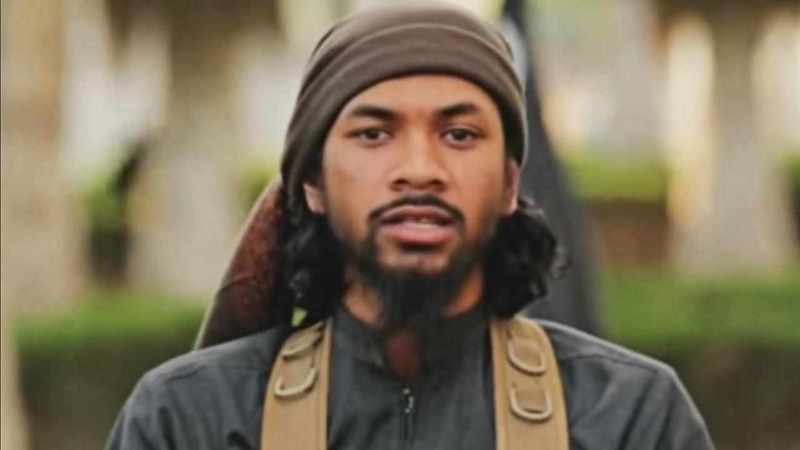The detective who led the investigation to bring home one of Australia’s most wanted alleged terrorists believed he was too good to be killed despite reports of his death.
Neil Christopher Prakash is facing Melbourne Magistrates Court accused of six terrorism-related offences, including engaging in hostile activity in a foreign state, being a member of a terrorist organisation and advocating terrorism.
The court on Wednesday heard evidence from Detective Sergeant Adam Foley who led the Australian Federal Police’s Joint Counter-Terrorism Team investigation into Prakash until 2020.
Prakash first came to the attention of federal investigators in February 2015 following a news article, Twitter “banter” with a journalist and veiled threats made by the accused online.
An investigation was launched after the discovery of the alleged ISIS recruiter in an infamous video titled, “There Is No Life Without Jihad” with a warrant for him granted in May 2015.
Mr Foley said the investigation stalled by early 2016 as members of his team were pulled into other investigations.
The fate of the alleged terrorist appeared to be sealed after media reports in February 2016 and a mention in the House of Representatives in mid-2016 suggested he had been killed.
Despite the reports of Prakash's death, Mr Foley said in a March 10, 2016 note he believed it was highly likely the Australian was not dead.
“The Twitter handles operated at the time by Prakash were not active, but our hypothesis was ‘you can’t get a good man down’,” he told the court.
The investigation ramped up in September 2016 after international partner agencies revealed Prakash had left or attempted to leave Syria and was trying to enter Turkey or Lebanon.
“The hypothesis was that he was escaping Syria due to the degradation of Islamic State - a strategic option,” Mr Foley said.
An Interpol red notice for his arrest and extradition was issued in September 2016.
News of Prakash’s arrest came on October 24, 2016 as he tried to cross the border into Turkey with a group of women and young children under a false identity.
Det Foley said there was a struggle with the AFP higher-ups and the Attorney-General's Department in trying to get information while Prakash faced the Turkish courts.
“Information was not disseminated to us. We had to fight for that information,” he said.
The committal hearing continues.









